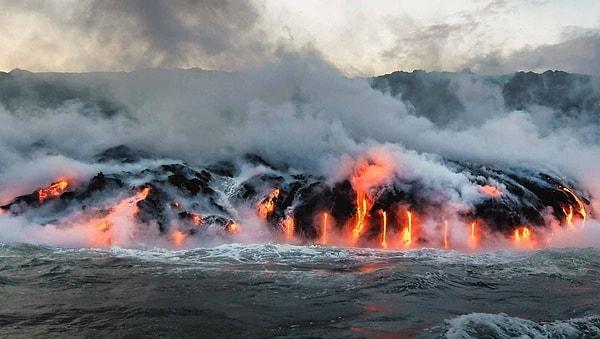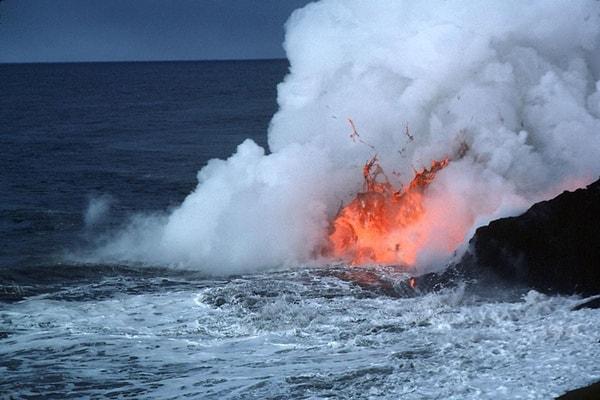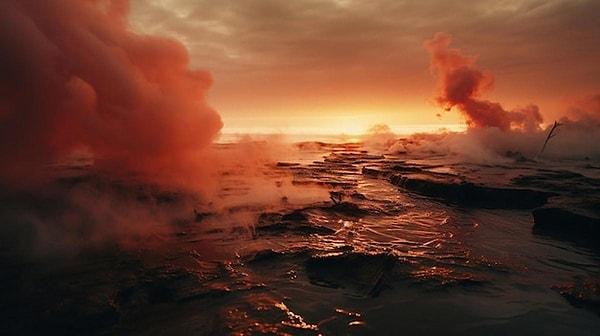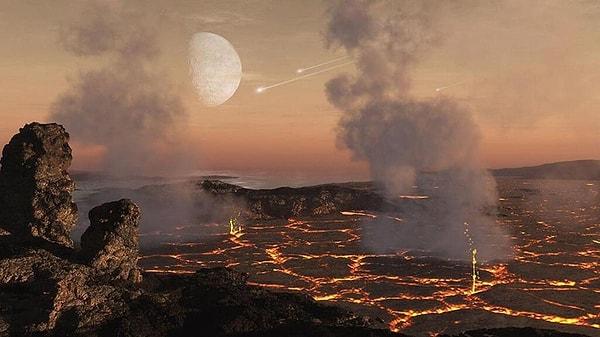NASA Discovers Water World with Boiling Oceans in Deep Space
A new discovery by NASA's James Webb Space Telescope has revealed a planet completely covered in boiling oceans. Explore the details in the content below.
Scroll Down to Continue

Advertisement
New observations by NASA's James Webb Space Telescope, approximately 70 light-years away from Earth and with a diameter twice that of Earth, have revealed the presence of chemical traces such as water vapor, methane, and carbon dioxide in the planet's atmosphere.

Scroll Down to Continue

Advertisement
According to scientists at Cambridge University, these chemical traces suggest that the planet could be a water world with a rich atmosphere of hydrogen.

Research indicates that the temperature of the ocean covering the planet's surface could exceed 100 degrees Celsius.

While the ocean can remain in liquid form at this temperature, there are uncertainties regarding its habitability.

On the other hand, some researchers argue that based on the chemicals detected in the planet's atmosphere, the surface temperature is likely around 4,000 degrees Celsius, making the existence of a liquid ocean under these conditions unlikely.

Scroll Down to Continue

Advertisement
Instead, it is believed that the planet may have a rocky surface surrounded by a dense atmosphere of hydrogen and water vapor.

Scroll Down for Comments and Reactions

Advertisement
Keşfet ile ziyaret ettiğin tüm kategorileri tek akışta gör!


Send Comment